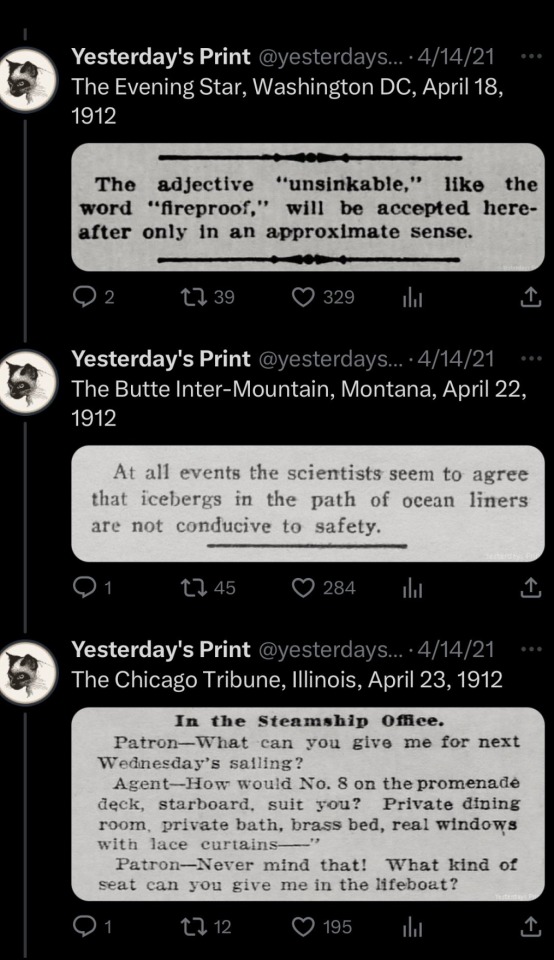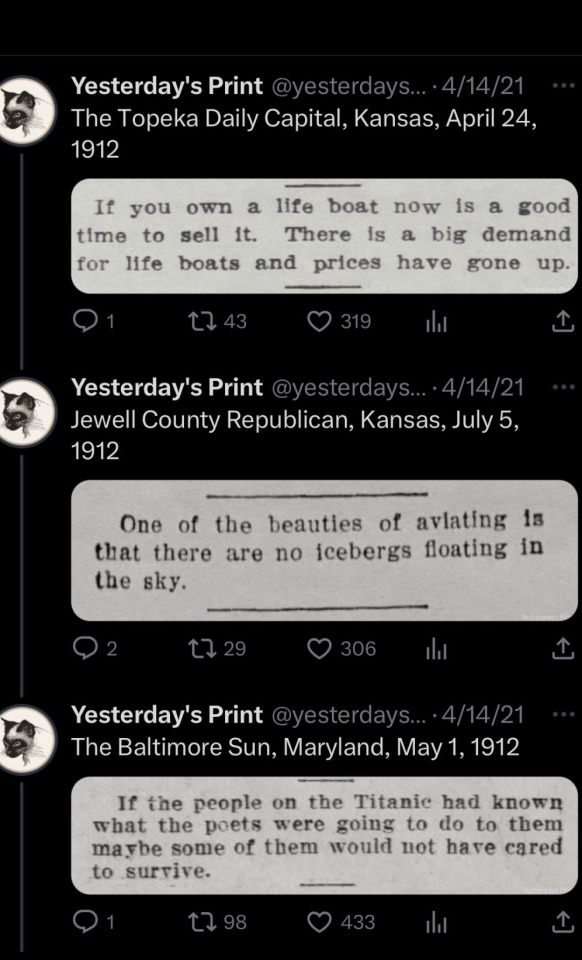Photo




Tuvok’s promotion
3K notes
·
View notes
Text



72K notes
·
View notes
Text

Grow spikes.

Hmmm…
734 notes
·
View notes
Text



Is anyone else just... exhausted?
98K notes
·
View notes
Text




#Friendship goals G.I. Robot and Nina Mazursky Creature Commandos Season 1 Episode 1
10K notes
·
View notes
Photo

Took a pic of the sunrise out my office window and the interior lights made some cool reflections
27K notes
·
View notes
Link
68K notes
·
View notes
Text
incredible. LOTR fandom truly NEVER stops giving
( created by stixywixy | video on tiktok )
22K notes
·
View notes
Text
We live in the stupidest timeline.

24K notes
·
View notes
Text
I don’t care if you make fun of Catholicism as long as it’s accurate! The best humour has its roots in the truth.
68K notes
·
View notes
Text
about Háma’s line, I love the unsubtle reminder of just who exactly is ruling in Gondor (pssst Denethor not Aragorn) even though Aragorn won’t sit in Denethor's chair, ofc
(clearly the Rohirrim 1) don’t realize that Denethor’s seat is not officially a throne or 2) don’t care–but, realistically, the Lord of Gondor has always been the Steward for the Rohirrim, it was the Steward that gave them Rohan, this whole dynastic quarrel is pre-historic as far as they’re concerned)
89 notes
·
View notes
Text
you don't need to write a dark deconstruction of Peter Pan where he's willing to kill people and his state of eternal childhood makes him morally ambiguous, JM Barrie already wrote one and it's called Peter Pan
19K notes
·
View notes




